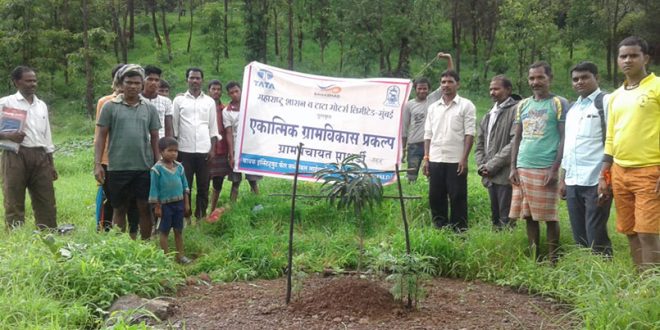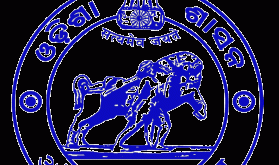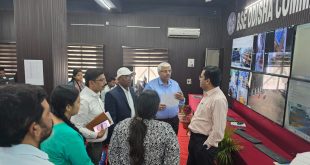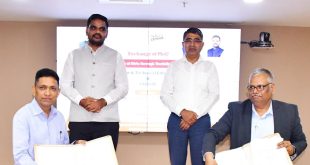Reaffirming its commitment towards fostering sustainable development in the community, Tata Motors, in association with the BAIF Institute for Sustainable Livelihoods and Development (BISLD), piloted the Wadi model in Jawhar tribal region of Palghar, Maharashtra.
This holistic model has significantly enhanced the livelihoods of 2,000 farmers by increasing food security, generating sustainable income, providing healthcare facilities, and sharing technical know-how to improve the quality and the quantity of the farm produced.
Since the inception of this programme, these farmers have planted over 2.7 lakh trees and conserved over 1000 acres (265 hectares) of soil. Developed through participatory planning with tribal communities in three-gram panchayats in Jawhar, this Wadi model has gained tremendous success and is now spreading across other neighboring areas in Palghar.
To date, under this model, around 60 fruit trees (mainly mango and cashew) and 250 to 300 forestry trees (combination of timber, fodder and NTFP tree species) have been planted on 1 acre of underutilized land owned by each participating family.
Tata Motors has developed 6 nurseries in Jawhar to provide each family with saplings. The Government on the other side supports the farmers under schemes like MGNREGA to assist them in earning wages for tasks such as digging, pitting, gap filling, etc. Farmers are further entrusted with the responsibility of taking care of plants.
The model also addresses a wide range of environmental needs such as tree plantation, soil conservation, water resource development, moisture conservation, improved nutrition and quality of life. In addition, agricultural product aggregation, processing and marketing initiatives introduced into the current model have enhanced the capacity-building amongst farmers. Benefits of this model are also extended to landless families through small enterprises like sapling and fruit plant nurseries, vermicompost production, petti shops, and more.
 Update Odisha-Latest Odisha News I Breaking News Get latest news on Odisha, Govt. Jobs, OSSC, OPSC, Entertainment, Crime, Sports, and Education
Update Odisha-Latest Odisha News I Breaking News Get latest news on Odisha, Govt. Jobs, OSSC, OPSC, Entertainment, Crime, Sports, and Education



